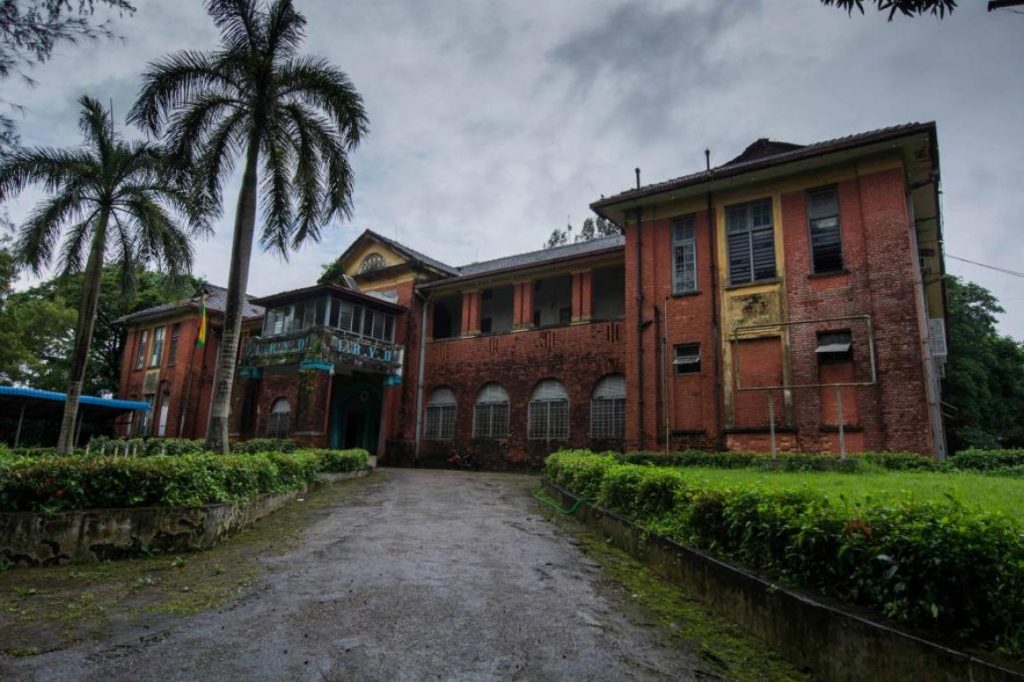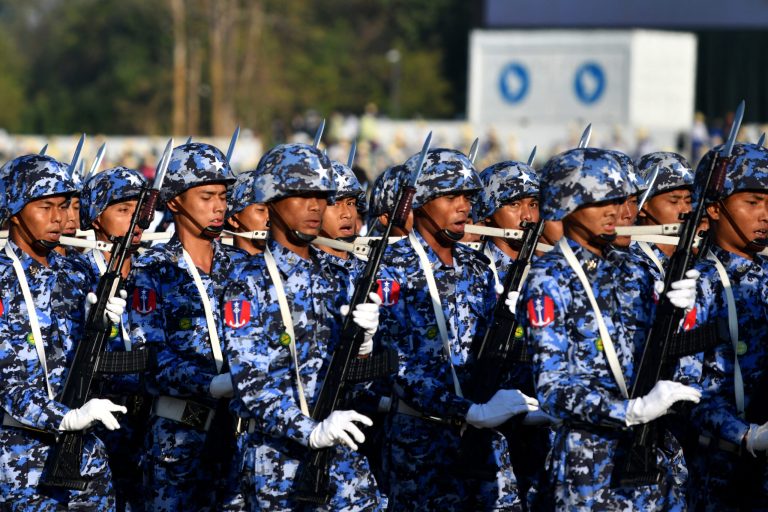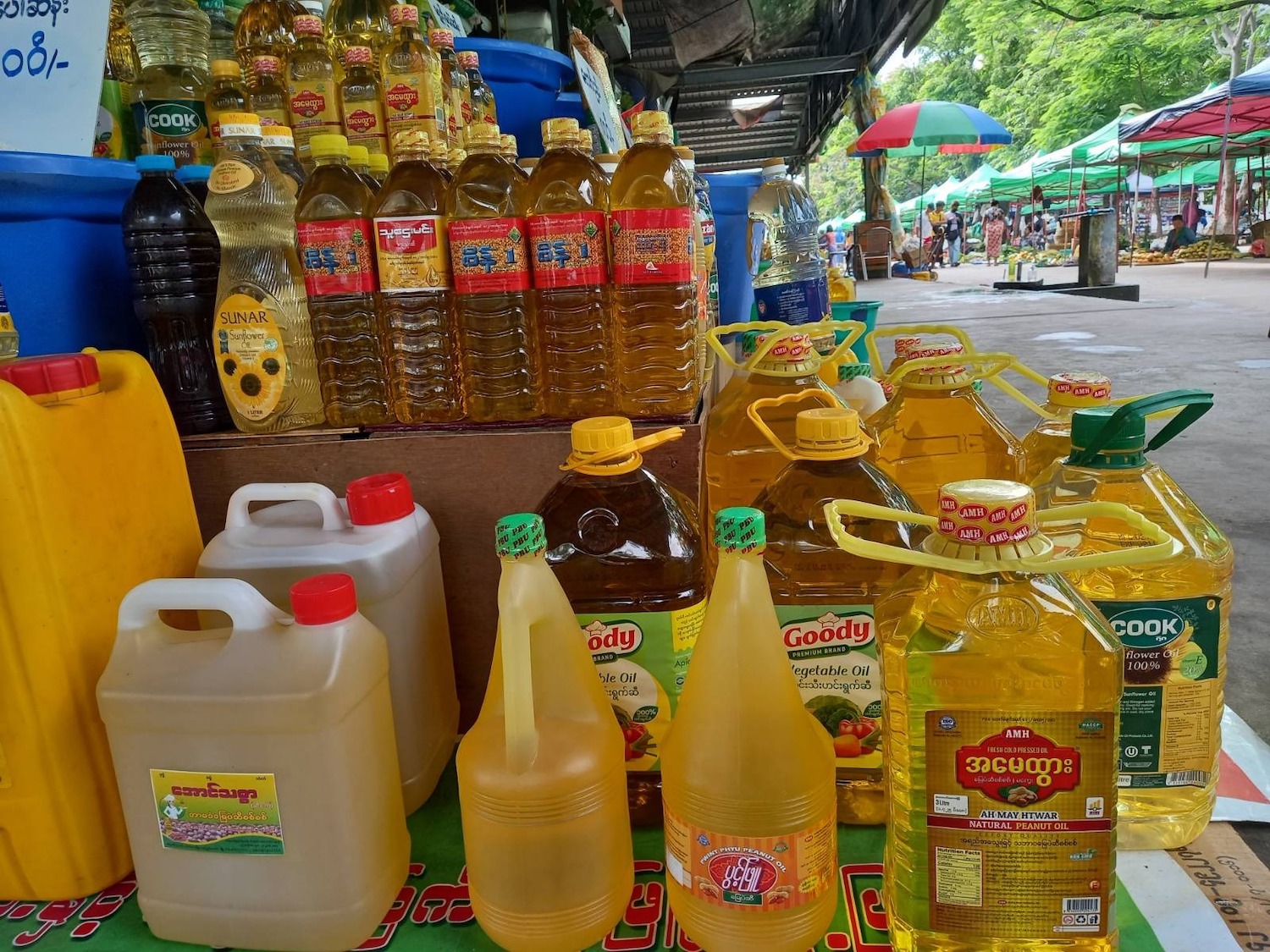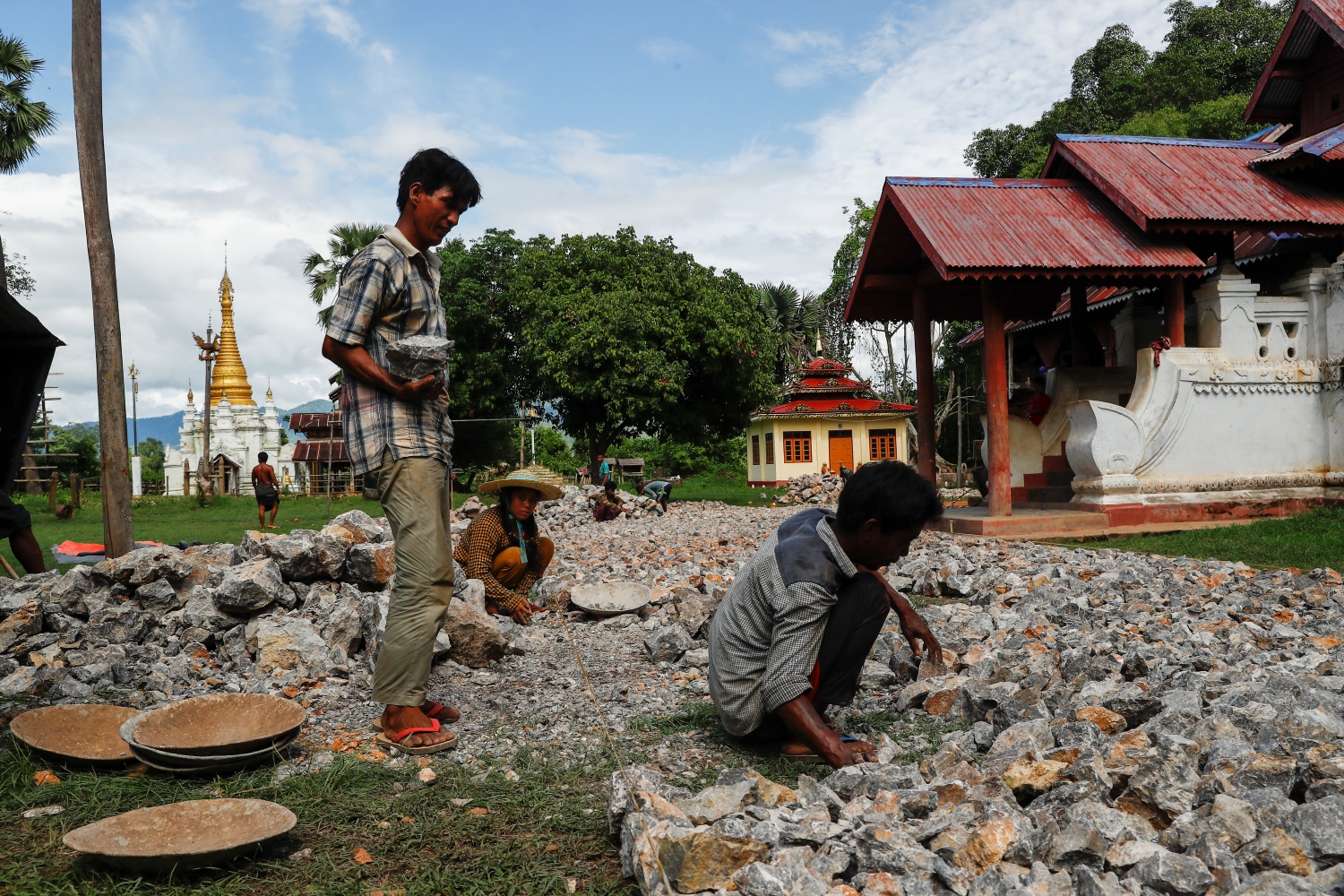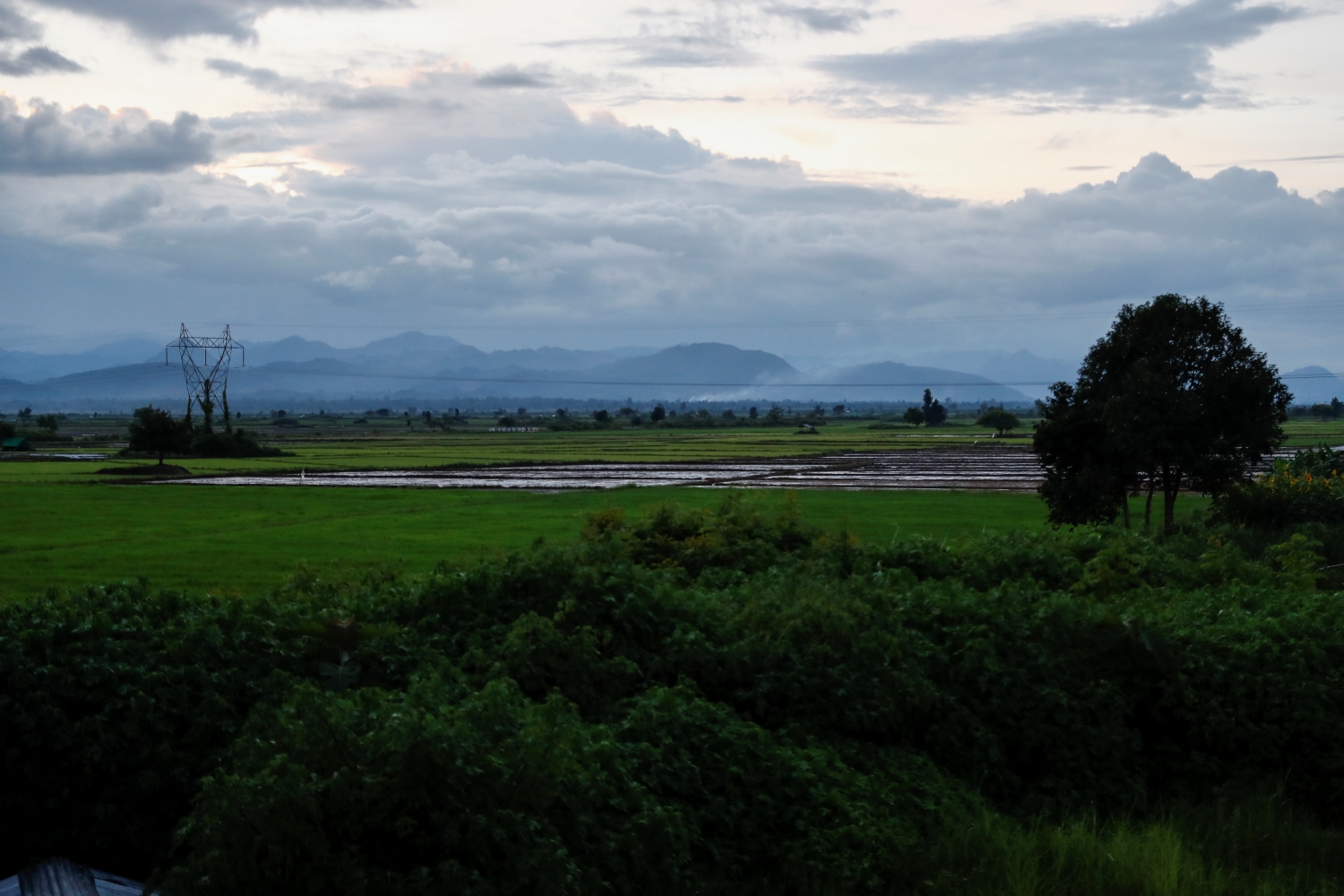By NYAN HLAING LYNN | FRONTIER
NAY PYI TAW — The government has revealed that it plans to abolish a secretive state-owned agency that was set up by the U Thein Sein administration to manage property assets valued in the hundreds of millions of dollars.
The body, known as the Myanmar International Cooperation Agency, signed at least 13 contracts with private companies to develop state land formerly used for fisheries and livestock enterprises. The agreements, which cover 1900 acres, were nearly all signed from January to March 2016, as the Thein Sein government prepared to leave office.
Deputy Minister for Agriculture, Livestock and Irrigation U Hla Kyaw told lawmakers on Tuesday that President U Htin Kyaw had ordered in December that MICA be abolished and its assets returned to the government.
The ministry was implementing the order in consultation with the Attorney General’s Office, he said, but added that much remained clear about MICA’s origins and activities.
Support more independent journalism like this. Sign up to be a Frontier member.
The decision represents a turnaround for the government. In August 2016, Ministry of Agriculture, Livestock and Irrigation deputy permanent secretary Dr Tun Lwin told Frontier that the ministry was committed to the MICA project and its board was being re-constituted.
It would continue to seek partners “to increase the government income and promote public and private sector development” in line with the new government’s economic policies, he said.
But the government has come under growing pressure from lawmakers to abolish MICA as questions grow about its activities, particularly the contracts signed shortly before the handover of power.
Hla Kyaw was speaking in response to a proposal from Amyotha Hluttaw lawmakers to reveal the “financial and management matters” of MICA to the public. The proposal was approved with the support of almost all elected members.
Fourteen lawmakers — all from the National League for Democracy — discussed the proposal on Monday and Tuesday, and criticised MICA’s lack of transparency.
U Hla San (NLD, Magway-1) said it was still unclear what MICA had done or achieved, Dr Khun Win Thaung (NLD, Kachin-11) suggested MICA be examined by an investigation team comprising auditors, legal experts, lawmakers and independent experts from the fisheries and animal husbandry sectors.
Naw Christ Tun (NLD, Kayin-7), who submitted the proposal in December, said MICA had lacked transparency and also failed to achieve its stated aim of boosting fish and meat production. “MICA’s acivities have changed repeatedly and become complex. Both the ownership and distribution of profit have become more confused,” she said.
Despite its name, MICA never had a website and rarely released information about its activities. Ministry officials told journalists that it had been formed on the advice of the World Bank and Asian Development Bank, but these international agencies denied any involvement.
Frontier drew attention to MICA in September 2016, with the article “Two former ministers, one secretive agency, and some million dollar questions”.
MICA was established by the cabinet in August 2014 and chaired by then-Minister for the President’s Office U Soe Thane. However, the impetus for the agency came from former Minister for Livestock, Fisheries and Rural Development U Ohn Myint as a means of working with the private sector to develop ministry-owned assets.
It eventually controlled at least 66 properties, including farms, factories and fisheries sites, totalling thousands of acres. Both Ohn Myint and Soe Thane denied any major role in MICA, however, leaving it unclear who was really in charge.
Unpicking MICA’s work will not be easy. Hla Kyaw said the ministry was still trying to ascertain the agency’s legal status, as this would dictate how it would be wound up.
The Attorney General’s Office had advised that if it was formed according to the Burma Companies Act of 1914 then it could be abolished through the same law.
It had also told the ministry that if MICA had been given authority to manage government assets then there should be legal instrument to confirm this authority.
The government would also have to “clear financial obligations between MICA and other companies according to the agreements made between them and to handover duties and liabilities” to the relevant government departments.
The person arguably best placed to answer these questions — Soe Thane, now an independent Amyotha Hluttaw lawmaker for Kayah-9 — decided to take leave from parliament while the two-day discussion took place. He could not be reached for comment on Tuesday, but told Frontier last year that he attended only one MICA meeting. Ohn Myint could also not be reached for comment.
Speaking after Tuesday’s session, Hla Kyaw told Frontier that he was unsure how long it would take to investigate MICA’s activities.
“We have to check its formation and we’ll then look at its financial and contract matters in accordance with the procedures,” he said.
Dr Aung Tun Thet, a former economic adviser to U Thein Sein who advised the ministry on the creation of MICA and acted as a non-executive director, refused to reveal how MICA had been established. “It is the decision made by parliament and I am sure they have considered all the issues,” he said, declining to comment further.
Myanmar Veterinary Association chairman Dr Myint Thein said he was pleased at the decision.
A former ministry staffer who was also a MICA non-executive director, he criticised the agency after it signed a contract with First Golden Dragon Construction in February 2016 to develop a 64.5-acre plot of land in Insein Township that had formerly been under the Livestock Breeding and Veterinary Department.
He said that while he attended a few initial MICA meetings, he was later excluded from decision-making.
“We don’t know deeply what was happening inside [MICA],” he said. “Maybe if some [government] commission investigates the situation, after that it will all be clear. Anyway, we hope for the best … Our desire is we would like to maintain and conserve our Insein land. That’s all.”
First Golden Dragon Construction signed two contracts with MICA for adjoining plots of land in Insein. The first, in February 2016, was for a US$60 million wholesale market, cold store and shophouse project on 64.5 acres. This was widely publicised.
The second, in March 2016, for a “mixed-use project” on an adjoining 32.454 acres, was not disclosed to the public.
U Tint Swe, general manager of First Golden Dragon Construction, said he could not answer questions about the project, including whether it was proceeding as planned and how the contract had been agreed with MICA.
“You had better ask the ministry about it,” he said, before dropping the phone.
Another major deal signed was that with a little-known company called Glory Heyday Services. Under two contracts inked in January 2016, it is to develop more than 800 low-cost apartments, 64 shophouses and a wholesale market on 125 acres in Yangon’s East Dagon Township, at Ywarthargyi. These contracts were also not publicised at the time.


